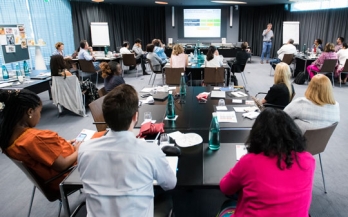


Introduction to the Conference on Building Business Contributions for the 2020 Global Nutrition Summit in Japan
Lawrence Haddad, Executive Director of GAIN, gave an introductory speech at the Conference on Building Business Contributions for the 2020 Global Nutrition Summit in Japan.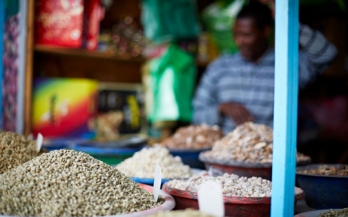
Attracting more commercial investment into nutritious food value chains
- 01/01/2018
This discussion paper is based on a review of relevant literature and interviews with investors and experts at the intersection of business and nutrition. The objectives of this paper are to assess what is needed to unlock greater commercial investment into nutritious food value chains, from nutrition to agribusiness to SME finance and blended finance.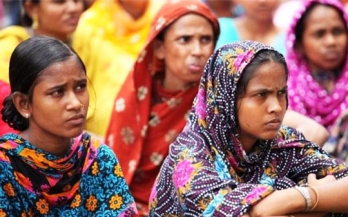
A report on understanding human motivation among Bangladeshi adolescents
- 25/06/2018
Bangladeshi adolescents are in the midst of several modes of expansion outside their context such as from closely enmeshed family networks to broader collectives. This report covers an assessment on understanding human motivations among Bangladeshi adolescents.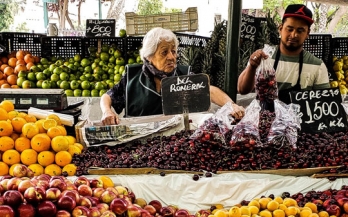
Building business contribution for the 2020 Global Nutrition Summit
- The Hague, The Netherlands
The 25-26 June Conference in The Hague will help shape private sector engagement in the Japan 2020 Summit. This event is a key first step for consulting with and including the perspective of business into the Japan 2020 Summit.
From small to nutritious: can retailers lead a healthy food revolution?
The retail sector is where consumers come face to face with food. Retailers have significant influence over whether the food that consumers face is nutritious, safe, available, affordable or attractive. I have heard it said many times that the chief buyers for large food retailers are more important in influencing food choices than Ministries of Agriculture or Food.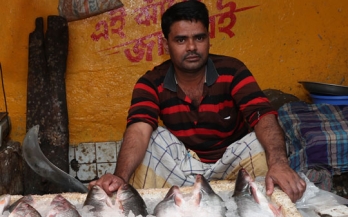
Investing in nutritious, sustainable foods in emerging markets
Stockholm, Sweden
This workshop at the EAT Stockholm Food Forum 2019 marks an important milestone in the roadmap towards reframing the dialogue around nutrition and raising the profile of nutrition as an investment theme.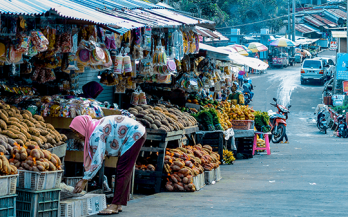
Nutritious Food Foresight: twelve ways to invest in good food for emerging markets
- 13/05/2019
This report addresses a critical issue of our time – how can we exploit new ideas and new technology to nourish and feed a growing world, and do it sustainably? Working on food systems reform, it is easy to underestimate the speed of change around us. But the reality is that even in the remotest corners of the globe, the drivers of food systems change are making their presence felt with storm-like force.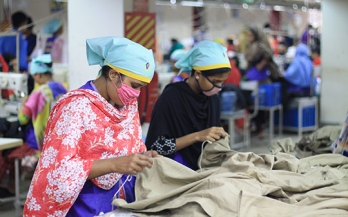
Improving the nutritional status and work productivity of female garment workers in Bangladesh: a pilot study
- 14/11/2017
The garment industry has contributed significantly to the economic growth of Bangladesh over the past decades accounting for 82% of the country’s USD 31.2 billion export industry. The garment sector employs directly approximately 4.4 million people, and indirectly 20 million people.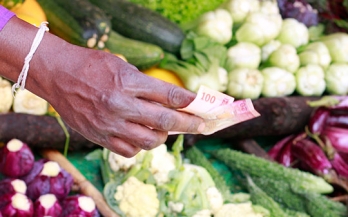
The future of food safety – Transforming knowledge into action for people, economies and the environment
- Addis Ababa, Ethiopia
This conference will bring together Ministers and representatives of national governments, senior policy makers and other groups from all regions of the world to engage in an urgent reflection on food safety challenges.